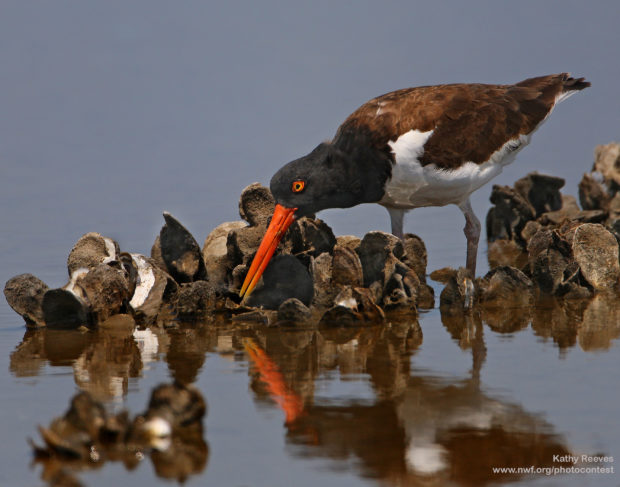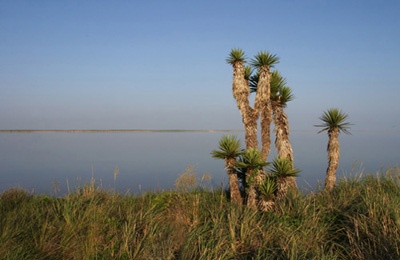We have much more to do and your continued support is needed now more than ever.
$80 Million Announced for Gulf Restoration Projects
The National Fish & Wildlife Foundation (NFWF) has recently announced a third round of projects funded by BP and Transocean’s 2012 criminal settlement. To date, nearly $480 million from this fund has been designated for restoration projects benefitting wildlife across the Gulf Coast. In this round, a total of 22 projects in Texas, Mississippi, Alabama, and Florida were selected.

Restoring Healthy Estuaries
Projects to improve the health of the Gulf’s estuaries—places where rivers flow into oceans—will help fish and wildlife and will benefit recreational anglers, commercial fishing, tourism, and the overall quality of life in coastal communities.
Some of the newly-funded projects – such as Pensacola East Bay Oyster Habitat Restoration in Florida, Habitat Restoration and Conservation in Turkey Creek in Mississippi, and Grand Bay Acquisition in Alabama – are good examples of estuary restoration efforts, and were among the recommendations in the National Wildlife Federation’s 2014 report, Restoring the Gulf of Mexico for People and Wildlife.
Restoration: The Big Picture
Ultimately, as much as $16 billion will be available for restoration efforts across the Gulf—from different funding sources, specifically the RESTORE Act and Natural Resources Damage Assessment. Leadership and coordination will be necessary to ensure this funding goes where it can make the greatest contribution towards the health of the Gulf.

The RESTORE Council can demonstrate this type of leadership by working quickly and collaboratively to update their Initial Comprehensive Plan. The Council should ensure that part of this update includes the development of a framework that can guide the Council in its future work to restore the Gulf ecosystem. The plan itself can serve as a roadmap for decision-making and project selection, including the coordination between various funding sources.
Take Action
The National Wildlife Federation is working in each state and across the Gulf to ensure that these restoration funds are used to restore important habitats for fish and wildlife, improve the quality of life for people on the Gulf Coast, and help make coastal communities more resilient.
Help NWF continue our work to restore the Gulf of Mexico!






















